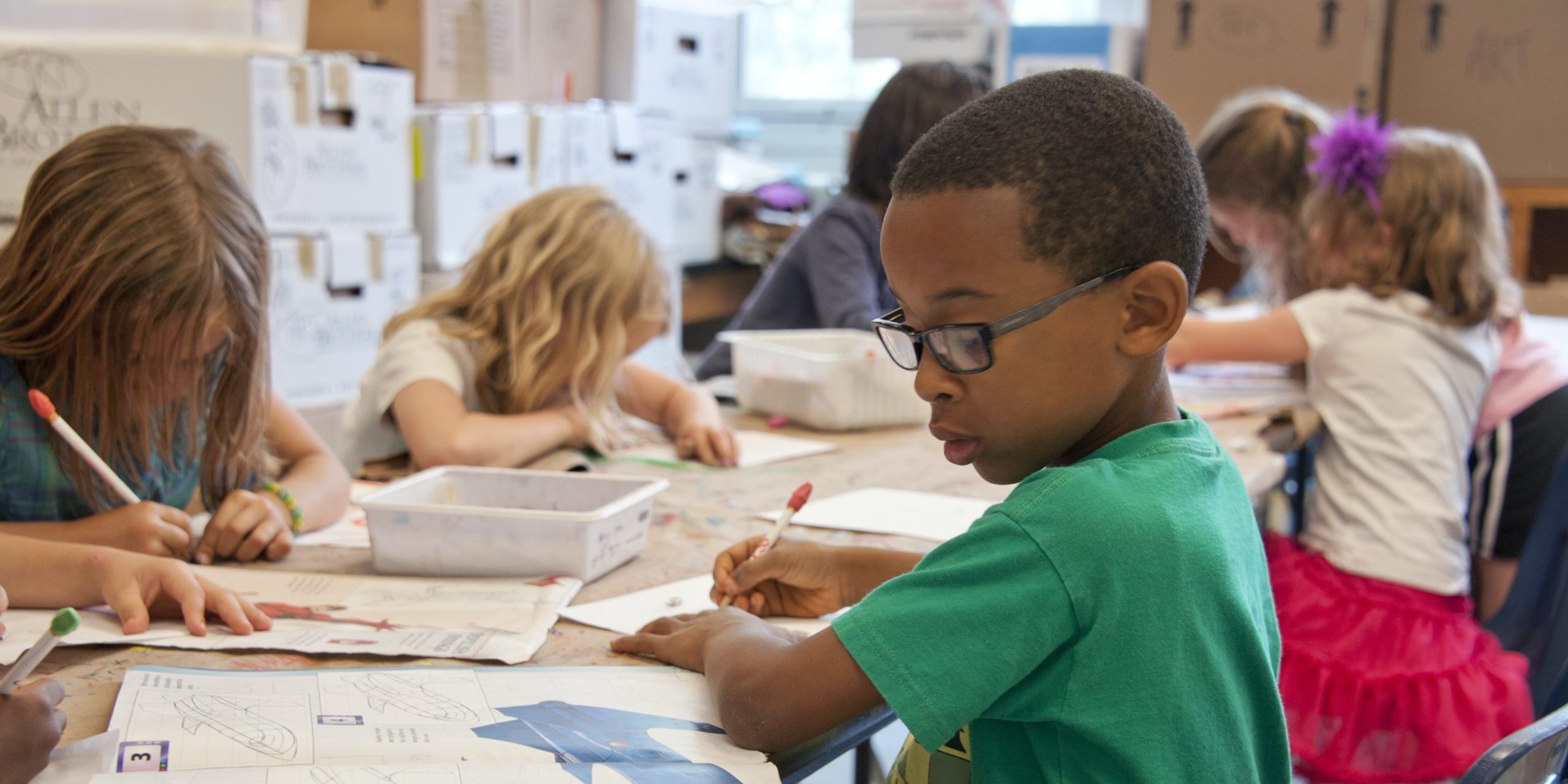‘Mental health is a concern:’ Hamilton children’s hospital’s back-to-school health tips
Published August 25, 2022 at 8:53 am

As parents and children prepare for the re-opening of Hamilton schools in the coming weeks, McMaster Children’s Hospital (MCH) provides resources to ensure kids prioritize their physical and mental health as they enter year three of learning during the COVID-19 pandemic.
“While back-to-school season is an exciting time for youth and their families, we also recognize that it can be overwhelming for some,” says Bruce Squires, MCH president. “Our team is pleased to offer some resources for families and students to make the transition a little easier.”
Students are returning in-class, and mask mandates have been dropped, although face coverings are still strongly encouraged by health experts to help protect against the airborne virus.
Throughout the pandemic, many routine medical appointments have been missed or postponed. So Dr. Jeffrey Pernica, an infectious disease pediatrician at MCH, says many children are not up-to-date with routine vaccinations.
“Throughout the pandemic and with the hustle and bustle of family life, some routine vaccines may have been missed,” says Dr. Pernica. “Along with getting supplies, lunch boxes and clothing ready for school, check out the list of vaccines that are required for children to go to school in Ontario.”
These vaccinations are:
- Diphtheria
- Tetanus
- Polio
- Measles
- Mumps
- Rubella
- Meningococcal for meningitis
- Pertussis for whooping cough
- Varicella for chickenpox
Dr. Pernica also recommends COVID-19 and influenza vaccines for all children attending daycare or school.
COVID-19 vaccines are available now for children aged six months and up, and boosters are available for all children aged 16-plus and for those aged 12-plus at higher risk because of medical issues.
Influenza vaccines will be available in the fall.
“It’s important to receive routine childhood vaccinations to prevent the spread of dangerous diseases that can cause significant illness, hospitalization, spread, and even death,” says Dr. Pernica. “If not enough children in the community get routine vaccines, we may see outbreaks of vaccine-preventable diseases among kids, elderly people, or adults.”
Routine vaccinations for children are free.
MCH saw increases in children presenting with mental health distress since the pandemic began. Squires says, in addition to missed medical appointments, mental health for children is an area of concern.
“We know that setting a routine when heading back to school and continuing in-person learning with supportive peers and families has a significant positive impact,” he added.
Routines and structure can help alleviate stress caused by uncertainty.
Jenny Cooke, Child Life Specialist at MCH, shows parents and kids how to return to a daily school routine after a summer off.
“Kids love routine,” Cooke says. “It gives them a sense of security and predictability. So, easing them into their school routine will make the transition to school that much easier.”
She says it’s best to start adjusting your child’s sleep schedule a couple of weeks before school starts.
“Once you decide on your child’s school bedtime, adjust their current bedtime by five to 10 minutes each day until you reach the desired new school bedtime,” says Cooke. “This should also be done with wake times so that waking up for school won’t surprise kids.”
She says parents will also want to return to a morning routine as if their kids are going to school: get up, get dressed, have breakfast and do everything needed to start the day.
“No more lounging around in pyjamas all day!” Cooke adds.
For older kids, she suggests involving them in the process of creating their schedule for an even greater sense of control.
Cook also believes it’s important to talk to kids about their school schedule, both before and after school, so they know what to expect. This will help eliminate some of the stress of back to school.
“Reading stories can be a great way to help remind kids of their school routine,” she says. “It can also help start the conversation around back to school and give them a chance to talk about their feelings. This can help make the change and transition a little easier while preparing you for what might be their stress triggers.”
insauga's Editorial Standards and Policies advertising





